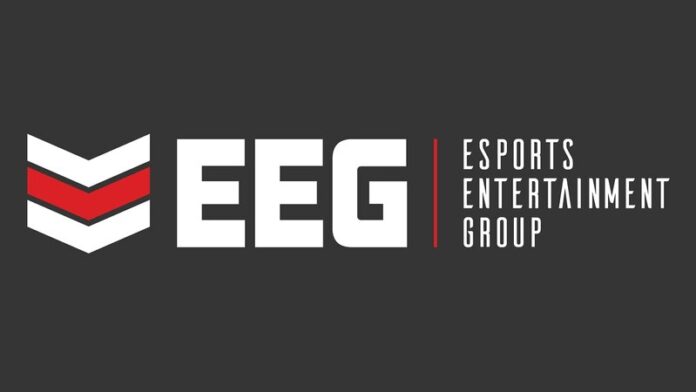When publishing its Q3 2022 financial results, NASDAQ listed Esports Entertainment Group (EEG) reported a near 200% increase in revenues to $15.7m.
However, the short-term viability of the business is a concern after its CEO, Grant Johnson, admitted that there were a number of “near term challenges” that the business faced which was significantly impacting both its profitability and its value.
The issues centre around three assets that EEG acquired in 2020, Helix, ggCircuit and Esports Gaming League (EGL).
Liquidity Issues
EEG spent $50m on acquiring Helix and EGL within a few weeks of each other.
The aim being for the company to acquire an extensive esports portfolio and to then be able to monetize it further to start to claim back some of their investment.
However, things have not worked out that way as Mr Johnson explained.
We do not see a path to attractive profitability in the Helix business given its significant overhead and ongoing capex and are currently working to divest our two existing centres.
In layman’s terms, what Mr Johnson is saying here is that the acquisition of Helix was a dud and that the company is now seeking ways to mitigate that decision, ostensibly by getting rid of it.
With regards to EGL and ggCircuit, Mr Johnson explained that the company has “not been able to monetize [both brands] due to liquidity constraints.”
To address this, EEG began discussions with its lender to arrange some ‘key modifications to the loan” with the aim of addressing “our liquidity position and improve our ability to invest in the business and adequately support our growth initiatives.”
Additionally, EEG is set to focus on providing a simplified esports betting offering, focusing on the ggCircuit brand’s SAAS-based technology, as well as EGL esports tournaments, brands and EEG’s peer-to-peer wagering platform.
$38m Impairment Charge Hits Balance Sheet
Given that Helix, ggCircuit and EGL have not performed as expected for EEG, the company has had to take a $38m Impairment Charge based on their revised value.
This charge is used by business to permanently write off the value of its assets; a move that is not likely to have gone down well with shareholders.
It wasn’t all bad news for EEG. Other investments, such as the iGaming brand Lucky Dino in particular produced “record-breaking quarterly revenue” and the company had seen an upturn in its sportsbook offerings too.

This resulted in a net revenue of $15.7 million, a $10.3 million increase on the same quarter in 2021.
Other positive aspects came when EEG launched Vie.gg in New Jersey, breaking into the potentially lucrative American market.
And the EEG licence in New Jersey may provide an incredibly valuable source of new income for Q4.
However, the business still faces significant short-term issues.
Significant Increase In Operating Costs
Despite the positives outlined above, EEG also saw a significant increase in operating costs, which increased 431.1% to $117.9m and it is clear what EEG needed to do.
Mr Johnson explained that the company is “aggressively cutting costs across our seven brands” and that the aim is for their “iGaming team to be more strategic in our sales and marketing initiatives in certain European markets and implement a return-focused player investment strategy that yields more attractive customer acquisition metrics.”
He also confirmed that the team “has adjusted to focus on achieving breakeven as quickly as possible” and stated an aim to “become a leaner organization that can operate more efficiently and create greater value for our partners and shareholders.”
A Worry?
The news is not great for EEG and its shareholders. A lack of liquidity has stymied its moves to monetize assets they spent $50m on and they have effectively written off more than 75% of the cost of that acquisition.
That’s money down the drain that EEG can ill-afford.
It’s another tough set of results for EEG and Mr Johnson, who reported EEG’s net loss in 2022 was at $35m for the first two quarters of the year.
Clearly, its vast operational costs must be addressed as a matter of urgency; however doing so will be a challenge as the company adapts to the post-Covid era.
However, it is a challenge that needs to be met as a similar set of figures in Q4 could be disastrous.
www.esportsbets.com







